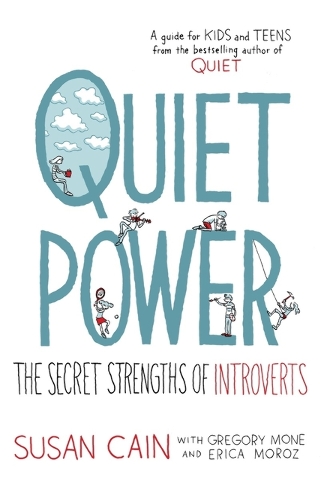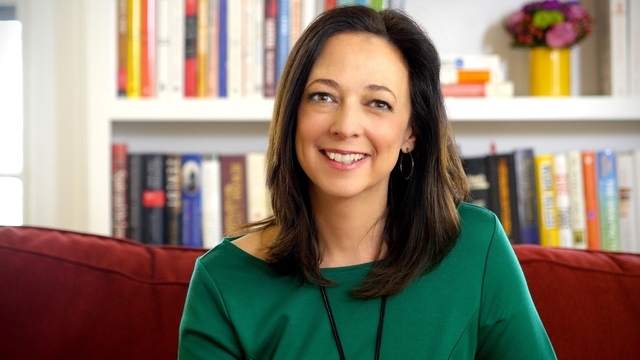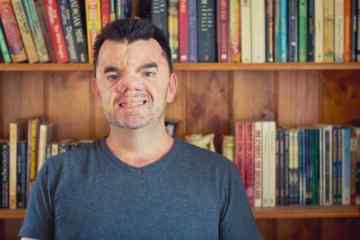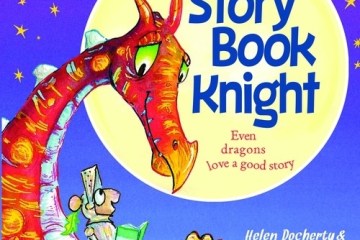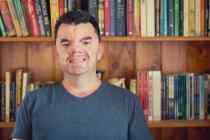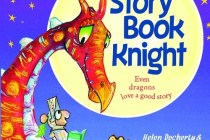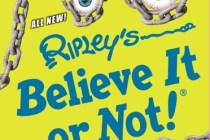‘Quiet Power’ helps introverts seek acceptance
Shhhhhhh.
It seems that a lot of kids need to hear that, but “hush” is never something you need to be told twice. You’re naturally a kid who’s kinda quiet, one who rarely raises a hand in class or makes a fuss about anything. Sure, you do alright in school, but you’d just as soon stick to the sidelines, and Susan Cain says that’s OK. It’s who you are, and in her new book “Quiet Power” (with Gregory Mone and Erica Moroz), she says that you’re not alone.
As an author, speaker and law school graduate, you might be surprised that Cain admits to being someone who once hated big parties, spotlights and public speaking. Yes, Cain’s an introvert; so is Kareem Abdul-Jabbar, Beyoncé, Emma Watson and Steve Wozniak, creator of Apple computers.
Though it’s “one of the most researched personality traits,” being an introvert is more than just a matter of personality. Studies show that introverts are more reactive in noisy settings, are more sensitive to taste and need quieter backgrounds when concentrating. Schools, therefore, are generally “not environments for introverts’ nervous systems” but there are ways to cope there, as well as at home, in social situations and pretty much everywhere, if you’re an introvert.
At school, Cain says that it’s important to prepare. In class, gather your courage and be the first to speak before conversations veer too off-topic. If you find yourself in a group project, find “the right role,” which may be note-taker or researcher. Remember that you can be a leader; Eleanor Roosevelt didn’t have to shout to be heard.
Socially, just be yourself. Remember that friends support you, and Mean Girls don’t always fit that description. Attend parties with someone you know, but “arrange an out” when you need it. Know how to properly use social media, and be prepared to turn it off when it’s time for a break.
And finally, understand what you need, and don’t be afraid to get it. Find a “restorative niche,” pair with an extrovert you trust, discover a creative outlet you enjoy, and “don’t let fear be a thief.” Push yourself to do things you never thought possible because with practice, they will be!
In a world filled with noise and speed, does your 12- to 17-year-old prefer to sit out the chaos? It might help to understand why, and “Quiet Power” explains.
Using some of the same points she made in her adult best-seller, “Quiet,” Cain brings this subject to a group that arguably has the most need for this book: adolescents, who often feel “weird” in their differences. Cain, however, uses relatable anecdotes and examples to show readers that introversion and introspection aren’t odd at all, that those traits are desirable, in fact.
For teens who need the reassurance of those words, this modern, comprehensive book is worth consulting again and again. It offers great advice for kids and parents, both. From one introvert to another, “Quiet Power” can only help, I’m shhhhhhh-ure.
View publishes Terri Schlichenmeyer’s reviews of books for children weekly.
About the Book
"Quiet Power: The Secret Strengths of Introverts" by Susan Cain, with Gregory Mone and Erica Moroz
c.2016, Dial Books for Young Readers, $17.99/$23.99 Canada, 273 pages



